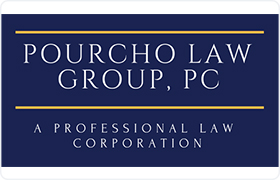 Jamul Collection Lawyers, California
Jamul Collection Lawyers, California
Sponsored Law Firm
-
 x
x

Click For More Info:
-
Pourcho Law Group, PC
2618 San Miguel Dr Suite 410 Newport Beach, CA 92660» view mapCollection Law Results Driven Legal Assistance
Ben Pourcho and the legal support team at the Pourcho Law Group, PC have a proven track record of providing the highest quality of legal representation to our clients.
800-936-1321
Lawyers
1-10 of 10 matches
Credit & Debt, Collection, Bankruptcy, Bankruptcy & Debt
Bankruptcy & Debt, Civil Rights, Employment, Intellectual Property, Collection
Litigation, Lawsuit & Dispute, Consumer Protection, Collection
Bankruptcy & Debt, Bankruptcy, Consumer Bankruptcy, Collection, Credit & Debt
Bankruptcy & Debt, Bankruptcy, Collection, Credit & Debt
Slip & Fall Accident, Collection, Garnishment, Litigation



 Ben Pourcho Newport Beach, CA
Ben Pourcho Newport Beach, CA Practice AreasExpertise
Practice AreasExpertise